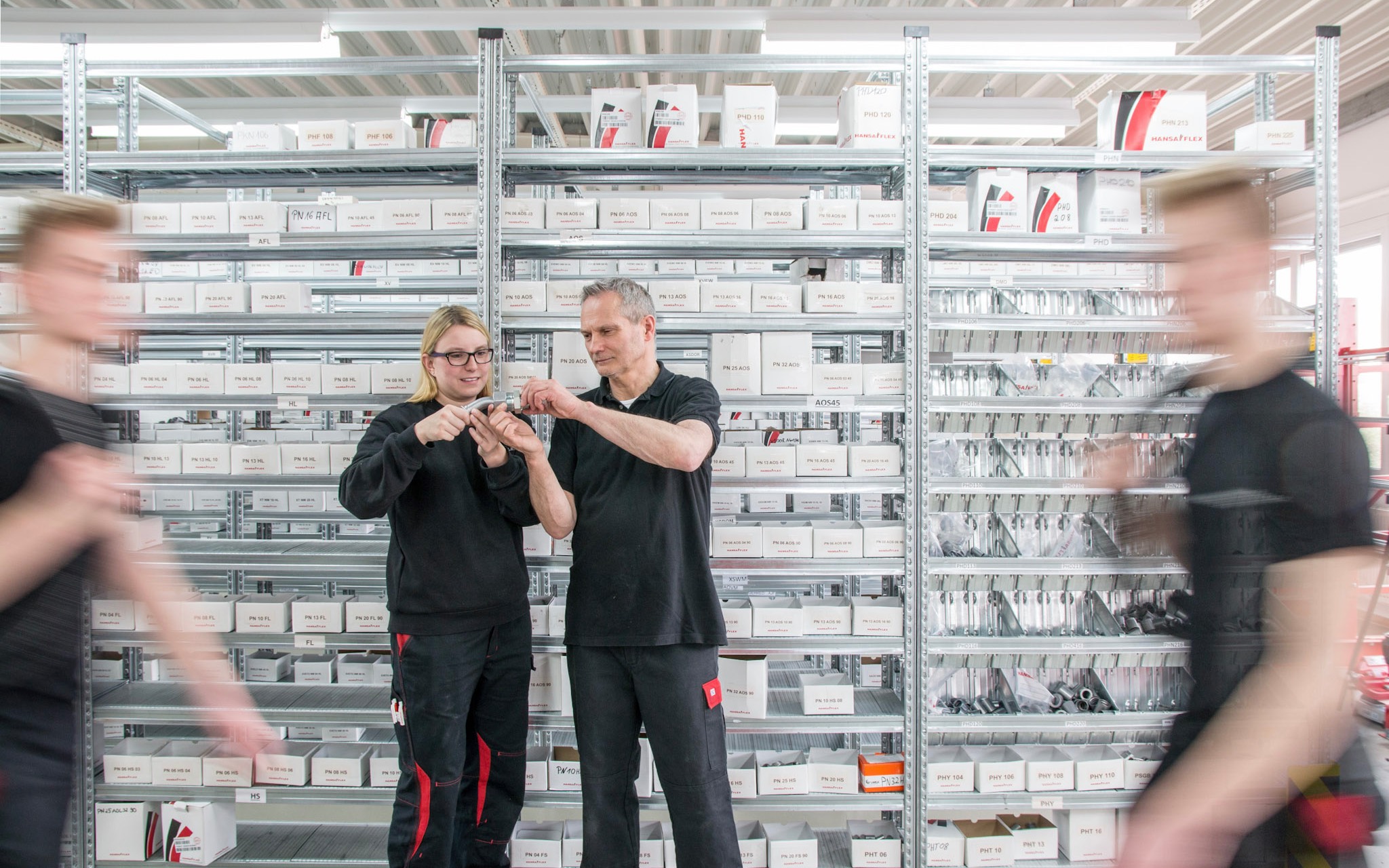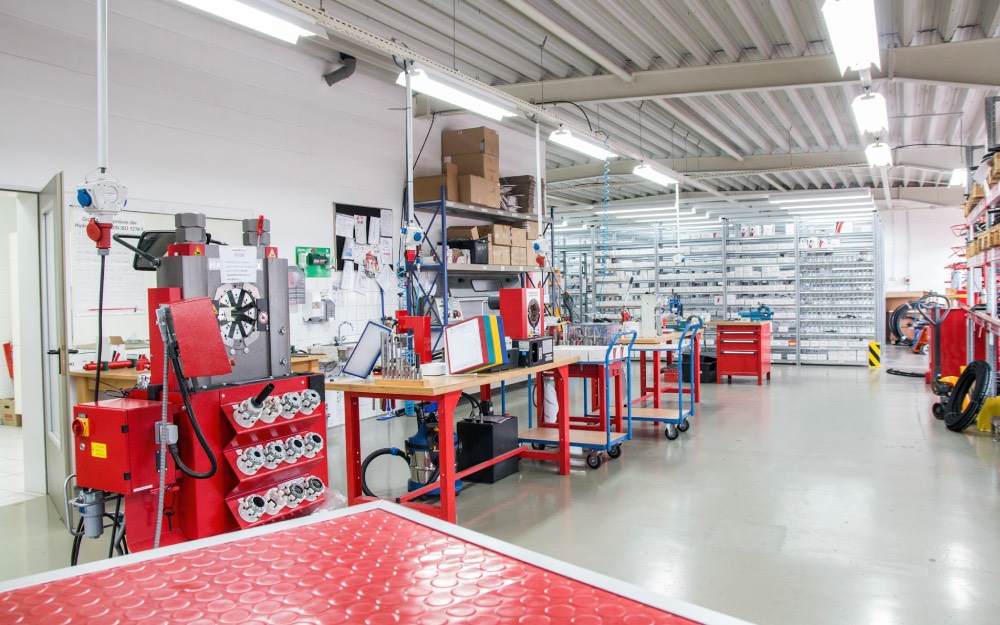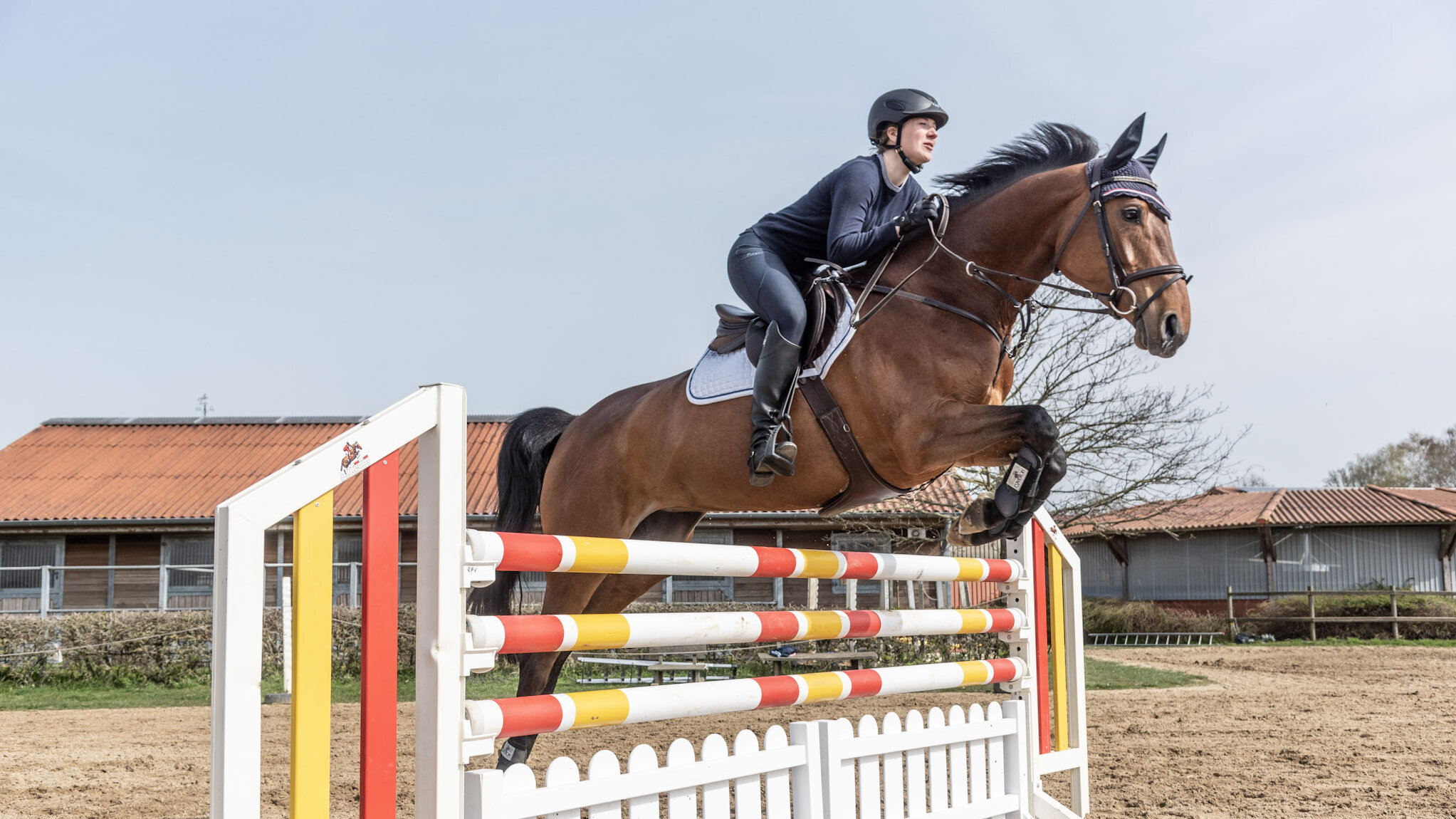(copy 22)
(copy 24)

Important experiences for trainees

One must be responsive to change

Do you have any questions about our services and products? Or do you need help?
Sundays and public holidays are excluded

After 25 years at HANSA-FLEX, Falk Simon is now nearing his well-deserved retirement. Simon made his mark on the company in particular by helping to set up the first HANSA-FLEX training branch in Baunatal-Kirchbauna near Kassel in 2012.




At HANSA-FLEX, Warehouse Logistics Specialist and the two-year variant Warehouse Specialist are the most common training courses, with just under 50% of our trainees learning this profession.

After 25 years at HANSA-FLEX, Falk Simon is now about to take his well-deserved retirement. He looks back over the last 60 days and reports on his time at HANSA-FLEX.

Whether it's show jumping, dressage, riding in the Wadden Sea, training horses or coaching young riders: for Marie Abel equestrian sport has been an integral part of her life since childhood.